Lives of Great Religious Books24
Lives of Great Religious Books is a series of short volumes that recount the complex and fascinating histories of important religious texts from around the world. Written for general readers by leading authors and experts, these books examine the historical origins of texts from the great religious traditions, and trace how their reception, interpretation, and influence have changed—often radically—over time. As these stories of translation, adaptation, appropriation, and inspiration dramatically remind us, all great religious books are living things whose careers in the world can take the most unexpected turns.
-
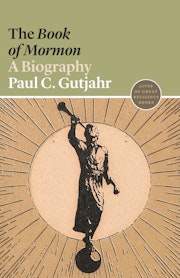
The surprising career of Joseph Smith's famous book
-
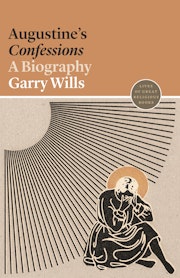
From Pulitzer Prize–winner Garry Wills, the story of Augustine’s Confessions
-
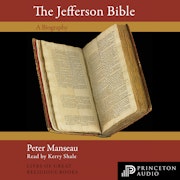
This audiobook narrated by Kerry Shale traces the life and times of a uniquely American testament
-
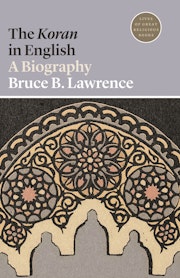
The untold story of how the Arabic Qur'an became the English Koran
-
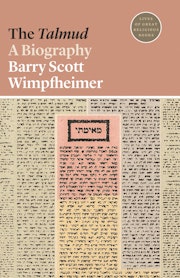
The life and times of an enduring work of Jewish spirituality
-
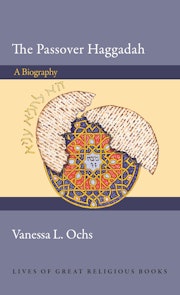
The life and times of a treasured book read by generations of Jewish families at the seder table
-
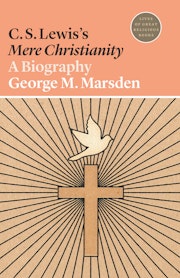
The life and times of C. S. Lewis's modern spiritual classic
-
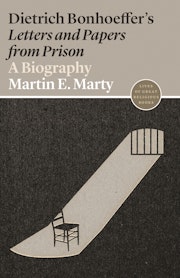
From National Book Award–winning author Martin Marty, the surprising story of a Christian classic born in a Nazi prison cell
-
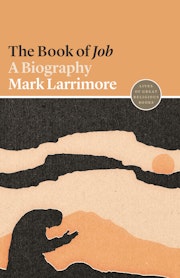
The life and times of this iconic and enduring biblical book
-
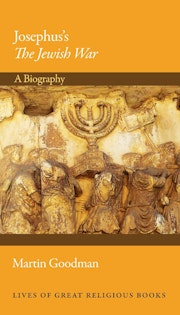
An essential introduction to Josephus’s momentous war narrative
-
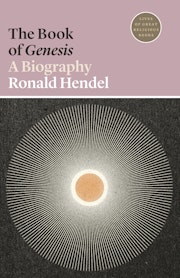
An essential biography of one of the Bible's most influential books
-
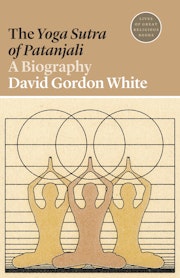
The rise, fall, and modern resurgence of an enigmatic book revered by yoga enthusiasts around the world
-
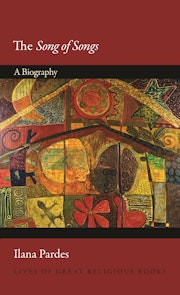
An essential history of the greatest love poem ever written
-
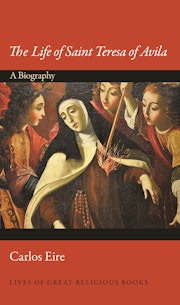
The life and many afterlives of one of the most enduring mystical testaments ever written
-
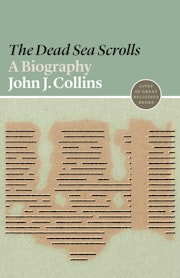
Unraveling the controversies surrounding the Dead Sea Scrolls
-
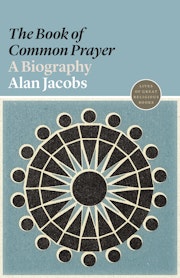
How The Book of Common Prayer became one of the most influential works in the English language
-
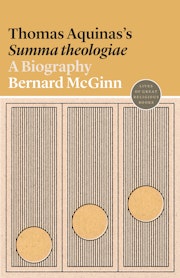
The life and times of the most important theological work of medieval Christendom
-
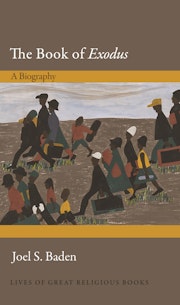
An essential biography of one of the Bible’s most powerful and inspiring books
-
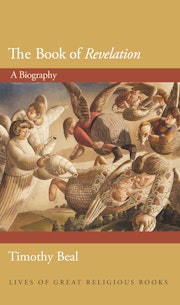
The life and times of the New Testament’s most mystifying and incendiary book
-
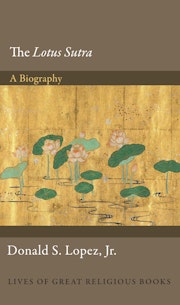
A concise and accessible introduction to the classic Buddhist text
-
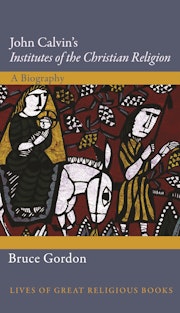
An essential biography of the most important book of the Protestant Reformation
-
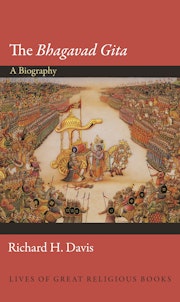
The life and times of India's most famous spiritual and literary masterpiece
-
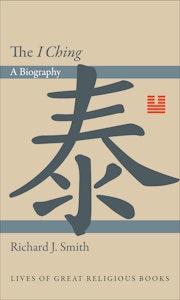
How the I Ching became one of the most widely read and influential books in the world
-
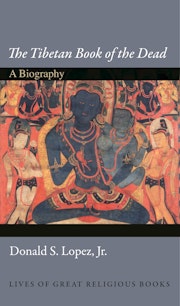
How an eccentric spiritualist from Trenton, New Jersey, helped create the most famous text of Tibetan Buddhism